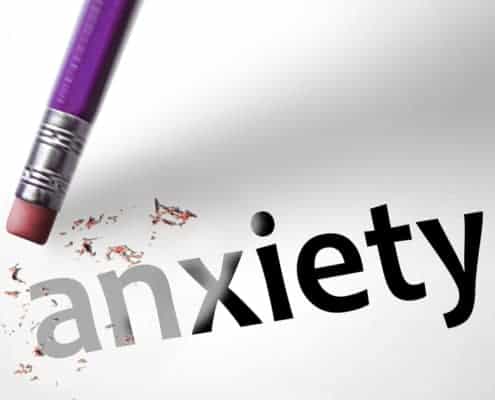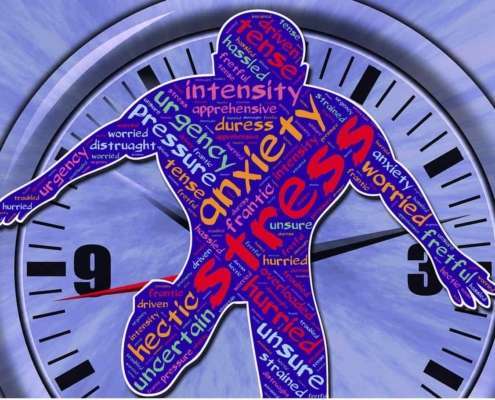
Understanding and Managing Social Anxiety
AnxietySocial anxiety is a common yet often misunderstood condition that affects millions of people worldwide. For those who experience it, everyday situations like speaking in front of a group, meeting new people, and dating (romantic anxiety) can…

7 Reasons to Avoid Doomscrolling
Anxiety, Crisis, Trauma, and PTSD, Depression, Stress ManagementIn today's digital age, many of us find ourselves endlessly "doomscrolling" through negative news feeds and social media timelines. This habit involves continuously consuming negative news, leading to increased stress and anxiety. While staying…

Calming the Anxiety Storm
AnxietyOne of the most common questions that people have is how to effectively manage anxiety. The nervous thoughts are bad enough, but the physical symptoms only make things worse as people start to worry that others can see them shaking or trembling,…

How to Beat Fear of Relationships and Intimacy
Anxiety, Couples and Marriage CounselingIn a previous post, I addressed the topic of Fear of Relationships (Romantic Anxiety). In this post, I will discuss how counseling can help you overcome this fear.Overcoming Fear of Relationships
Dialectical Behavior Therapy (DBT) is…

Signs you might suffer from anxiety
AnxietyAnxiety does not have to be as painful and debilitating as people often find it to be; it is manageable by using effective, research-based interventions provided at Gate Healing, PLLC. In this comprehensive guide, we'll explore the various…

Empowering Teens: Managing Social Anxiety with Confidence
Anxiety, Family and ParentingSocial anxiety is a common challenge that many teenagers face. It's important to know that you're not alone and that there are effective strategies to help you manage and overcome these feelings. In this blog post, we'll provide you…

How to Help Teenage Anxiety
Anxiety, Family and ParentingLike depression, teenage anxiety is a pretty common experience for adolescents. Whether it's the jitters when it's time to get in front of the class to present a report or the butterflies that show up when talking to someone they like, it's…

Romantic Anxiety: Fear of Relationships
Anxiety, Couples and Marriage CounselingWhen it comes to dating and romantic intimacy, there are various anxieties that people experience. Although these fears are related to each other, each form of romantic anxiety has distinct differences. Some of these fears include:Fear…

Anticipatory Anxiety
AnxietyEver get nervous about becoming uncomfortably anxious before you're even in an anxiety-provoking situation? It's like looking over your shoulder, wondering when your boss is going to catch you surfing the internet at work because you know that…
